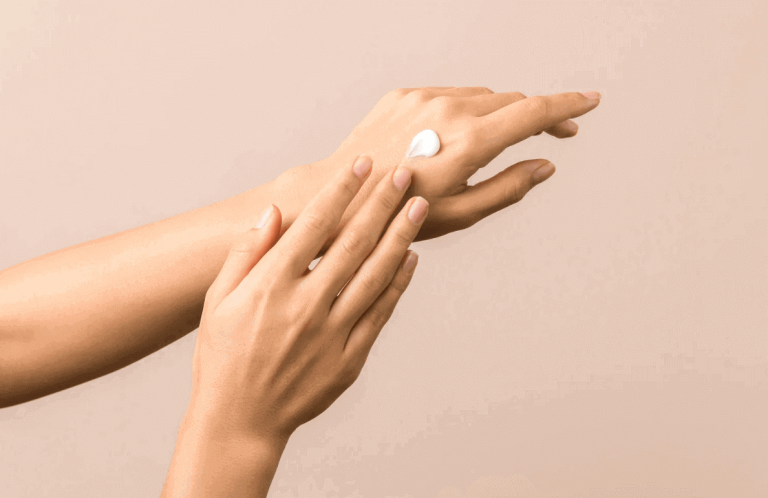When Wellness Practices Meet Medical Awareness
This post contains affiliate links. Click here to read my affiliate policy.
Last Updated on October 8, 2025

The boundaries between wellness and medicine are becoming increasingly blurred in a health-conscious society. Yoga studios sit beside urgent care clinics, and meditation apps share home screens with prescription refill reminders. As both fields aim to improve quality of life, there’s a powerful synergy in integrating wellness practices with medical awareness.
The Rise of Holistic Health
Wellness has evolved from green juices and massages to a comprehensive approach that includes physical, emotional, and spiritual well-being. This shift reflects a growing recognition that true health isn’t just about treating disease. It’s about preventing it, managing stress, and maintaining balance in daily life.
People are now embracing holistic practices like yoga, acupuncture, meditation, and plant-based diets not as trends but as lifestyle choices. These practices have shown benefits ranging from reduced inflammation to better sleep, which all contribute to overall health.
The Role of Medical Awareness
Despite the benefits of wellness, there is no substitute for medical knowledge and diagnostics. Early detection and evidence-based treatment are essential, especially for serious conditions like cancer, diabetes, and heart disease. It’s important not to mistake feeling “well” for being in optimal health.
Medical awareness encourages individuals to pay attention to symptoms, keep up with regular screenings, and seek professional help when needed. For instance, recognizing the early Moffitt Cancer Center list of early leukemia signs, such as fatigue, frequent infections, and unexplained bruising, could mean the difference between early intervention and a missed diagnosis.
Where Wellness and Medicine Align
The most effective approach to health doesn’t choose between wellness and medicine; it combines them. A person undergoing cancer treatment might use meditation to manage anxiety, eat nutrient-rich meals to support immunity, and lean on therapy to process emotions. Meanwhile, their oncologist provides clinical treatments based on years of research and expertise.
Medical professionals are also increasingly embracing wellness strategies. Many hospitals now offer integrative health services, including nutritional counseling, yoga therapy, and even Reiki. Physicians understand that these practices can support traditional treatments by reducing stress, boosting mood, and improving patient outcomes.
Listening to Your Body, Backed by Data
One of wellness’s greatest lessons is how to tune into your body. That mindfulness of pain, fatigue, or emotional distress is valuable, but coupling it with medical insight makes it even more powerful.
For example, chronic stress might manifest as back pain or digestive issues. A wellness approach might suggest meditation and dietary changes, which can help. However, medical consultation can rule out more serious conditions like ulcers or autoimmune disorders. Together, these approaches provide a full picture and a more targeted path to healing.
Creating a Personal Wellness Plan with a Medical Lens
To fully benefit from the intersection of wellness and medical awareness:
- Schedule regular check-ups. Don’t skip annual exams or ignore lingering symptoms.
- Integrate mindfulness. Practices like breathwork and meditation can lower cortisol levels and enhance mental clarity.
- Customize your wellness plan. Speak with both your primary care provider and any holistic practitioners to ensure a coordinated approach.
- Educate yourself. Read reliable health sources, track your symptoms, and don’t rely solely on social media for advice.
Balance Is the Key
True health exists at the intersection of ancient wisdom and modern science. By combining the intuition of wellness with the precision of medicine, individuals can take a more empowered and informed role in their well-being. In a world full of quick fixes and conflicting advice, balance and collaboration between disciplines is what truly leads to lasting health.






